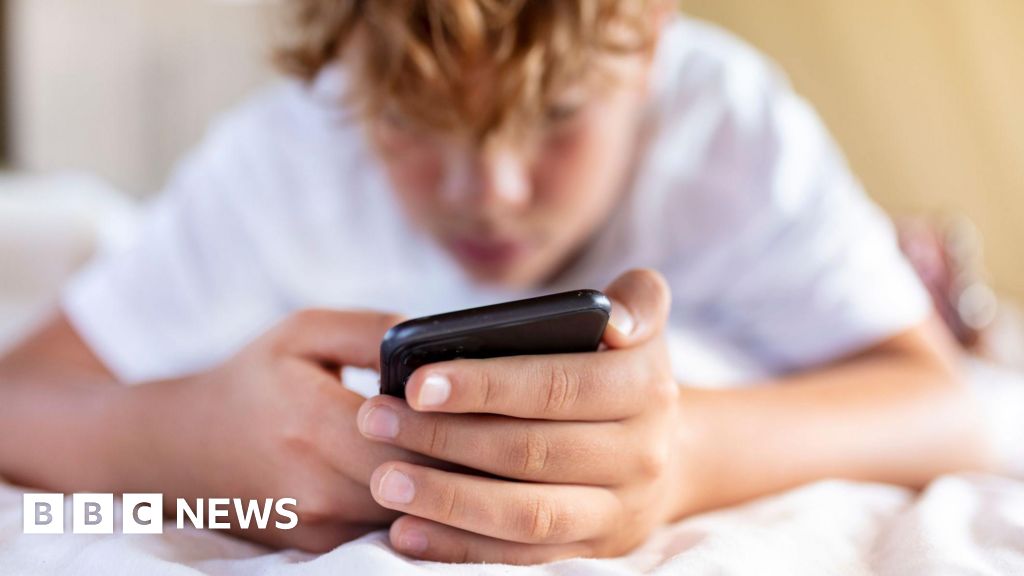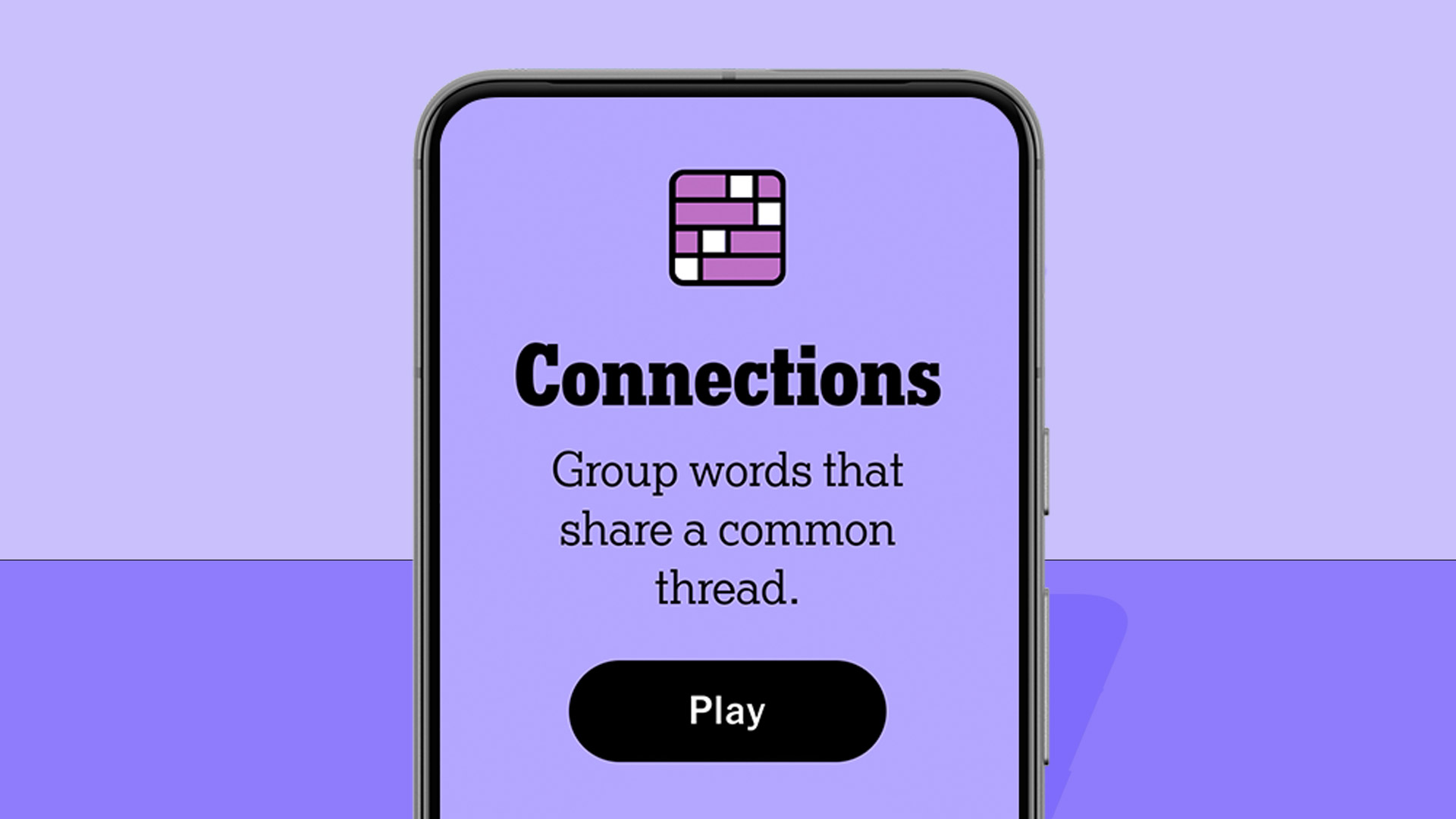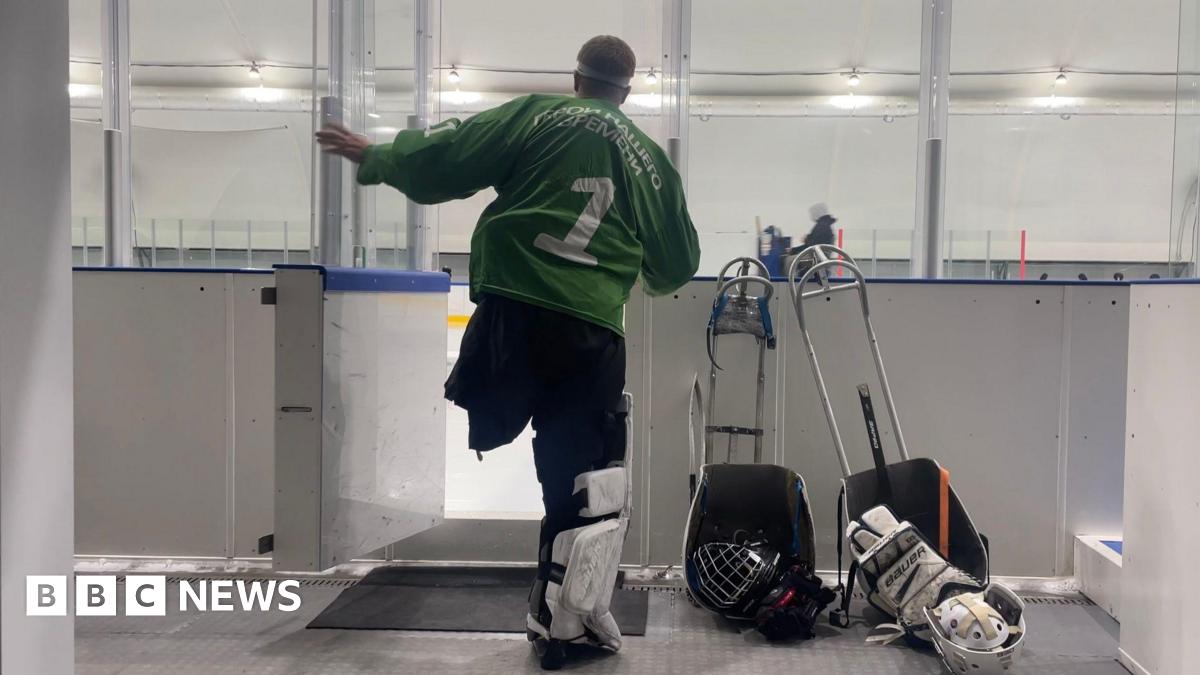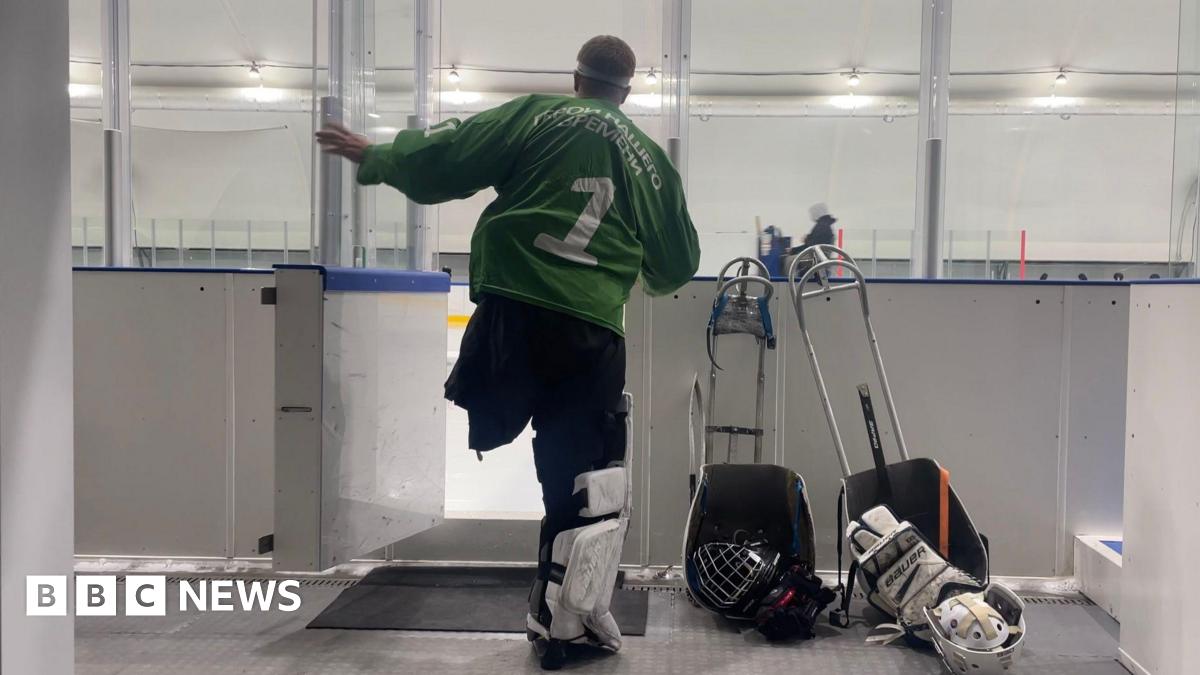Could ChatGPT Detect Children's Acute Distress? A Parental Guide

Welcome to your ultimate source for breaking news, trending updates, and in-depth stories from around the world. Whether it's politics, technology, entertainment, sports, or lifestyle, we bring you real-time updates that keep you informed and ahead of the curve.
Our team works tirelessly to ensure you never miss a moment. From the latest developments in global events to the most talked-about topics on social media, our news platform is designed to deliver accurate and timely information, all in one place.
Stay in the know and join thousands of readers who trust us for reliable, up-to-date content. Explore our expertly curated articles and dive deeper into the stories that matter to you. Visit Best Website now and be part of the conversation. Don't miss out on the headlines that shape our world!
Table of Contents
Could ChatGPT Detect Children's Acute Distress? A Parental Guide
Is ChatGPT the next tool in your parental arsenal? While not a replacement for professional medical advice, the rapid advancements in AI raise intriguing questions. Could this powerful language model help parents identify signs of acute distress in their children? This article explores the potential, limitations, and crucial considerations for using AI like ChatGPT in this sensitive area.
Understanding the Challenges of Identifying Acute Distress in Children
Recognizing when a child is in acute distress can be challenging. Children often communicate differently than adults, sometimes expressing pain or discomfort subtly through behavioral changes or physical symptoms. These may include:
- Changes in behavior: Increased irritability, withdrawal, unusual clinginess, or sudden changes in sleep patterns.
- Physical symptoms: Fever, unexplained vomiting, persistent headaches, abdominal pain, or difficulty breathing.
- Verbal cues: Vague complaints, difficulty articulating their feelings, or using unusual language.
Traditional methods of assessing a child's well-being rely on observation, communication with the child, and professional medical assessments. However, AI tools like ChatGPT offer a potential supplementary resource.
ChatGPT's Potential Role: A Screening Tool, Not a Diagnosis
ChatGPT, a large language model, is trained on vast amounts of text data. This allows it to process information and respond in a human-like manner. While it can't diagnose medical conditions, it could potentially be helpful in:
- Identifying potential symptoms: By describing your child's symptoms and behaviors to ChatGPT, you might receive prompts to consider further evaluation. For example, describing a child's persistent vomiting and fever might prompt ChatGPT to suggest contacting a medical professional.
- Providing informational support: ChatGPT can access and process information from reputable sources, offering parents access to information about various childhood illnesses and conditions. This can be particularly useful for understanding potential symptoms and next steps.
- Offering coping mechanisms: If a parent describes a child experiencing anxiety or distress, ChatGPT might suggest calming techniques or strategies for managing emotional responses.
Limitations and Crucial Considerations
It's crucial to understand that ChatGPT is not a substitute for professional medical advice. It lacks the ability to physically examine a child or interpret medical test results. Over-reliance on ChatGPT could lead to delayed or inadequate medical care.
- Accuracy limitations: ChatGPT's responses are based on its training data, and it can sometimes generate inaccurate or misleading information.
- Lack of context: It cannot fully understand the nuances of a child's individual situation, medical history, or family dynamics.
- Ethical concerns: Using AI to assess a child's health raises ethical considerations regarding data privacy and the responsible use of technology.
When to Seek Professional Help
Always prioritize seeking professional medical help when your child exhibits signs of acute distress. This is particularly important if your child:
- Exhibits severe symptoms, such as difficulty breathing or loss of consciousness.
- Has a known medical condition that may be worsening.
- Shows signs of significant behavioral changes or emotional distress.
Conclusion: A Tool for Support, Not Replacement
ChatGPT and similar AI tools hold potential as supplementary resources for parents, offering information and prompting further investigation when needed. However, they should never replace the expertise of healthcare professionals. Use these tools responsibly, understanding their limitations, and always prioritize seeking timely medical attention when your child's health is concerned. This guide offers a starting point; continuous research and engagement with your healthcare provider will ensure your family receives the best possible care.

Thank you for visiting our website, your trusted source for the latest updates and in-depth coverage on Could ChatGPT Detect Children's Acute Distress? A Parental Guide. We're committed to keeping you informed with timely and accurate information to meet your curiosity and needs.
If you have any questions, suggestions, or feedback, we'd love to hear from you. Your insights are valuable to us and help us improve to serve you better. Feel free to reach out through our contact page.
Don't forget to bookmark our website and check back regularly for the latest headlines and trending topics. See you next time, and thank you for being part of our growing community!
Featured Posts
-
 Citis Asia Pacific Investment Banking Leadership Expands With Kulkarni Appointment
Sep 04, 2025
Citis Asia Pacific Investment Banking Leadership Expands With Kulkarni Appointment
Sep 04, 2025 -
 Stolen Cars Rear Axle Fails During Police Chase
Sep 04, 2025
Stolen Cars Rear Axle Fails During Police Chase
Sep 04, 2025 -
 Nyt Connections Answers September 4th 2024 Puzzle 816 Solved
Sep 04, 2025
Nyt Connections Answers September 4th 2024 Puzzle 816 Solved
Sep 04, 2025 -
 Stolen Car Chase Ends In Dramatic Axle Failure Cnn Report
Sep 04, 2025
Stolen Car Chase Ends In Dramatic Axle Failure Cnn Report
Sep 04, 2025 -
 Confirmed Leak Googles Gemini Integration In Upcoming Nest Device
Sep 04, 2025
Confirmed Leak Googles Gemini Integration In Upcoming Nest Device
Sep 04, 2025
Latest Posts
-
 Reeves Under Pressure Union Demands Wealth Tax Consideration
Sep 05, 2025
Reeves Under Pressure Union Demands Wealth Tax Consideration
Sep 05, 2025 -
 Russias Wars Long Reach An Asian City 4 000 Miles Away
Sep 05, 2025
Russias Wars Long Reach An Asian City 4 000 Miles Away
Sep 05, 2025 -
 Red Dead Online Companion App Removal Rockstars Official Statement
Sep 05, 2025
Red Dead Online Companion App Removal Rockstars Official Statement
Sep 05, 2025 -
 Geopolitics At 4 000 Miles An Asian City Entangled In Russias War
Sep 05, 2025
Geopolitics At 4 000 Miles An Asian City Entangled In Russias War
Sep 05, 2025 -
 Is The Us Labor Market Cooling August Jobs Report And The Probability Of Fed Rate Cuts
Sep 05, 2025
Is The Us Labor Market Cooling August Jobs Report And The Probability Of Fed Rate Cuts
Sep 05, 2025
